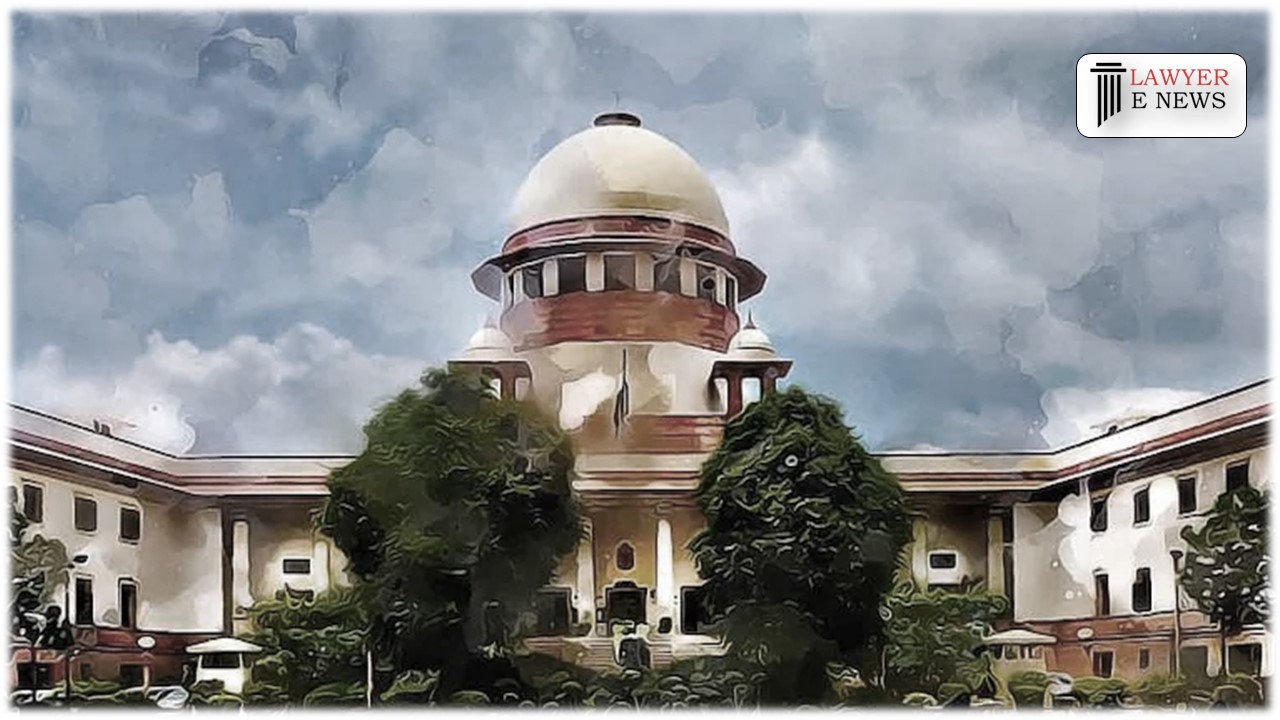-
by sayum
14 February 2026 2:22 PM



Patna High Court’s ruling on interpreting Bihar City Manager Cadre Rules, 2014, upheld by Supreme Court.
In a significant ruling, the Supreme Court has affirmed the Patna High Court’s interpretation regarding the recruitment process for the post of City Manager in Bihar, as governed by the Bihar City Manager Cadre (Appointment and Service Conditions) Rules, 2014. The judgment, delivered by Justices Vikram Nath and Prasanna Bhalachandra Varale, emphasized that the minimum qualifying marks pertain solely to the written examination, thereby upholding the eligibility of candidates based on their written test scores alone.
The case originated from a recruitment process initiated by the Bihar Staff Selection Commission for 152 posts of City Managers under an advertisement dated November 15, 2016. The advertisement detailed the criteria for eligibility, including a written examination and experience marks for candidates already working as City Managers on a contract basis. Respondent Himal Kumari, who had no prior work experience, secured 22.575 marks out of 70 in the written examination but was declared unsuccessful for not meeting the overall qualifying mark threshold of 32%. Kumari argued that her marks translated to 32.14% of the written test score, which met the minimum qualifying criteria stipulated in the advertisement.
The Supreme Court upheld the High Court’s view that the minimum qualifying marks of 32% applied solely to the written test scores. “A conjoint reading of Rules 5 and 11 of the Rules, 2014, with the advertisement, indicates that achieving 32% in the written examination qualifies a candidate to be placed in the consideration zone,” the bench clarified.
The Court further explained that while the written examination determined initial eligibility, the final merit list would also consider experience marks. Therefore, a candidate with no experience but qualifying written test scores remains eligible, albeit likely lower on the merit list compared to experienced candidates. “A candidate scoring 22.5 out of 70 in the written test with no experience remains eligible provided the merit list extends that low,” the bench state
The Court found the appellants’ reliance on an Executive Order from 2007, which prescribed qualifying marks across various categories, to be misplaced. It held that the Rules, 2014, which postdate the Executive Order, did not incorporate these qualifying marks into the final merit list calculations. “The 2014 Rules govern the recruitment process and should be given primacy over earlier executive decisions,” the judgment asserted.
Justice Vikram Nath emphasized, “The required minimum qualifying marks are concerned with marks obtained in the written test only, as is evident from the Rules, 2014, and the advertisement, and it has no relevance to the final preparation of the merit list.”
The Supreme Court’s decision reaffirms the High Court’s interpretation, emphasizing the autonomy of the 2014 Rules over prior executive orders. This ruling clarifies the recruitment process, ensuring that candidates meeting the minimum written test criteria are duly considered. The judgment underscores the importance of adhering to the specific recruitment rules and is expected to streamline similar future recruitments under the Bihar City Manager Cadre.
Date of Decision: July 16, 2024
Bihar Staff Selection Commission & Anr. Vs. Himal Kumari & Anr.
